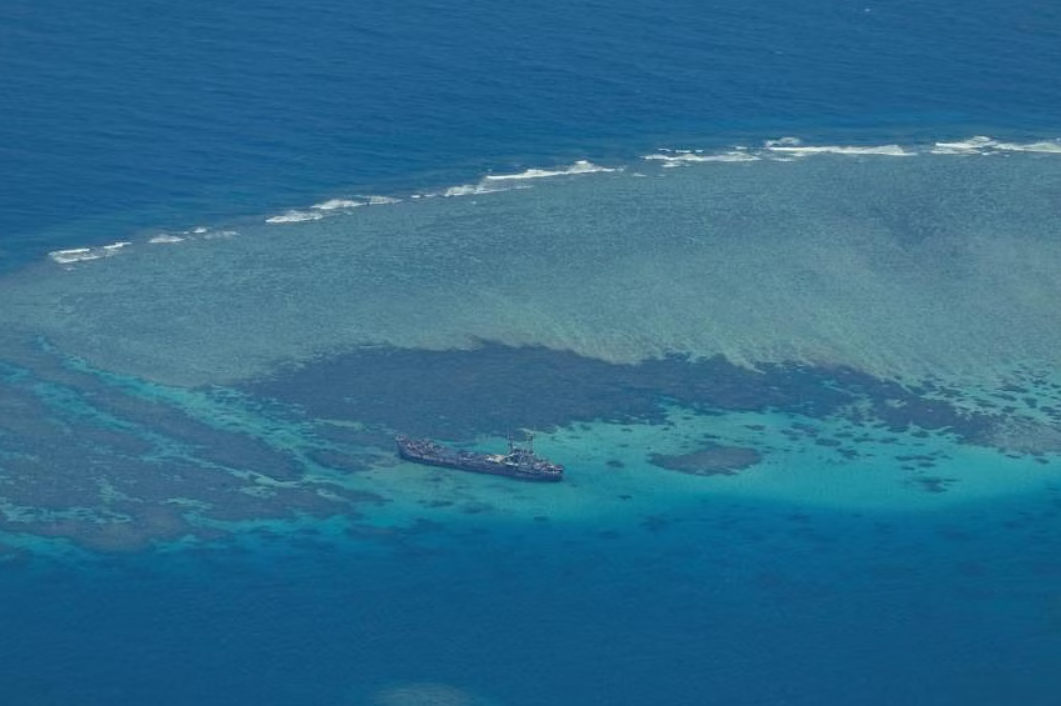
Gregory B. Poling directs the Southeast Asia Program and Asia Maritime Transparency Initiative at the Center for Strategic and International Studies, where he is also a senior fellow. He is a leading expert on the South China Sea disputes and author of On Dangerous Ground: America’s Century in the South China Sea. This interview was conducted on August 19, 2024.
1. How can the competing territorial claims and China’s escalating military presence in the South China Sea be resolved peacefully while ensuring freedom of navigation and respecting international law?
The territorial claims are irreconcilable for the foreseeable future, but the rights over surrounding waters, seabed, and airspace can be equitably managed in the meantime. Unfortunately, that will require political flexibility from Beijing to interpret its demand for “historic rights” in a manner consistent with UNCLOS, and such flexibility has been lacking under Xi Jinping’s tenure.
2. Can Track 2 diplomacy efforts succeed or have China’s actions, especially in the Philippines, made this impossible?
Track 2.0 diplomacy continues to have a role to play in introducing and socializing potential dispute management ideas, but I don’t detect much hope in Southeast Asian capitals that such fora will do much good for the time being. That is why fewer and fewer PRC experts seem to be getting invited to such workshops, as hosts are tired of hearing the same talking points repeated.
3. Almost seven years ago (2017), your network of SCS experts developed a blueprint for fisheries management and environmental cooperation, have any of those recommendations been adopted by claimant nations?
I’m afraid not, though there is considerable discussion about joint fisheries management and environmental cooperation among the Southeast Asian claimants.
4. Do you have any views on whether we will see any marine science cooperation in the region?
Yes, and we already are in the form of university exchanges, bilateral research cruises, and ideas about more multilateral research on disputed rocks/islands controlled by Taiwan or Southeast Asian claimants. What is harder to find is any hope for such cooperation involving China.
5. How is AUKUS contributing to the peace and stability of the region and complementing the regional architecture?
AUKUS is primarily about enhancing deterrence for the three countries involved: Australia, the UK, and the US. It is not trying to deliver regional public goods or negotiate regional norms in the way that IPEF, the Quad, or ASEAN-based regional architecture is.
6. What are your concerns as China continues to step up military and political pressure against democratically-governed Taiwan?
I worry that an aging Xi will eventually lose patience when he realizes that his time in office is finite and peaceful reunification between China and Taiwan is getting farther away, not closer. That is the scenario that could drive Beijing to launch a reckless attempt to conquer Taiwan. But more likely and of greater concern in the meantime will be China’s ongoing efforts to diminish Taiwan’s administrative control and its place in global institutions through gray zone coercion and diplomatic pressure.


